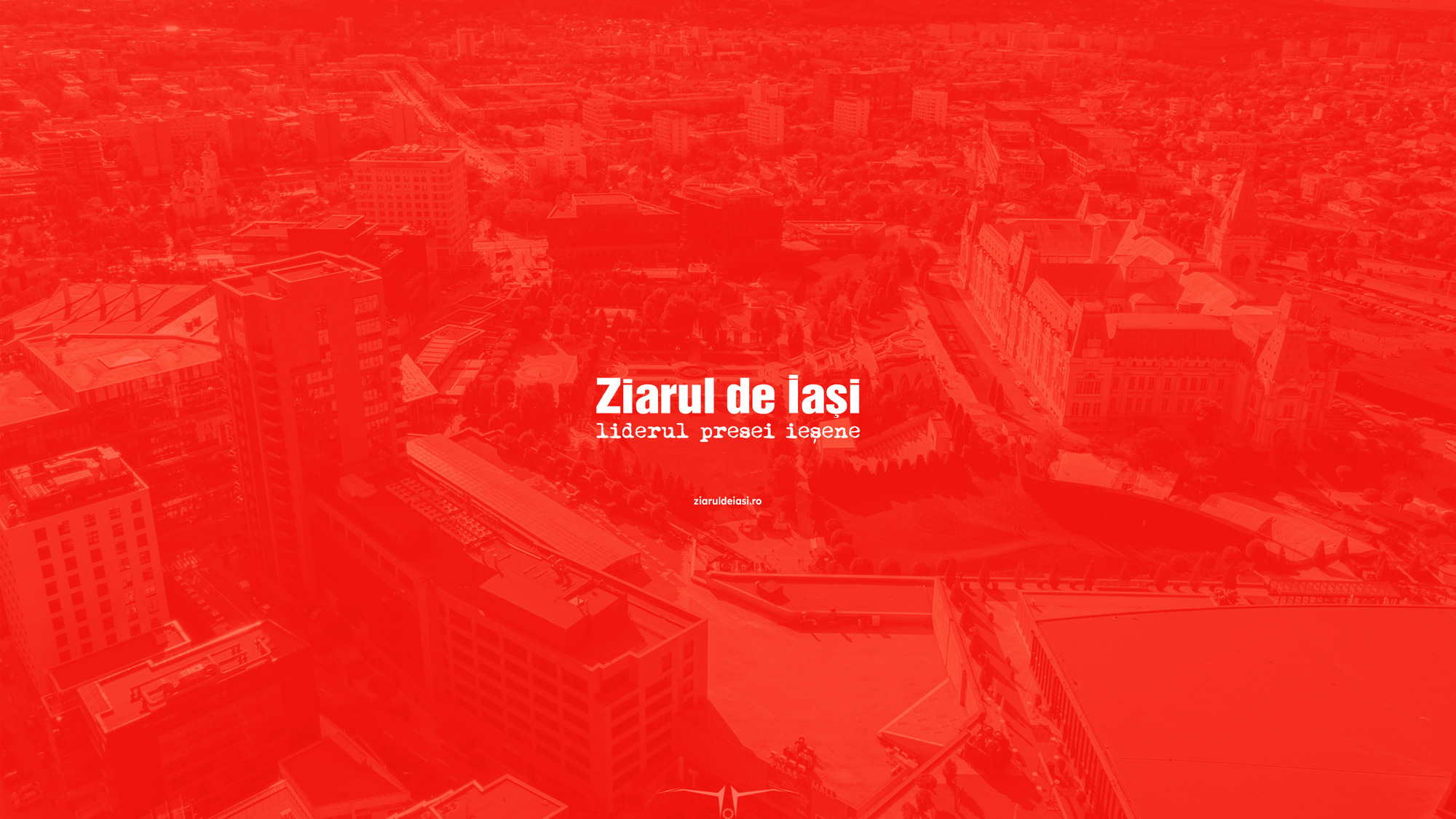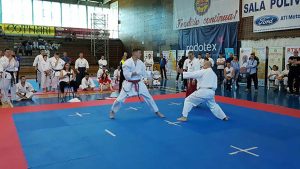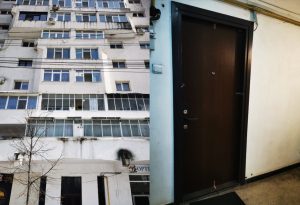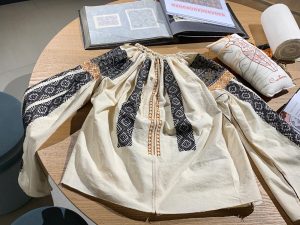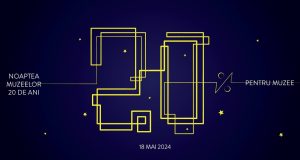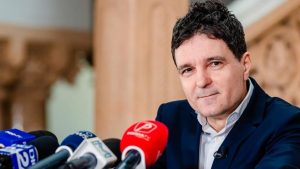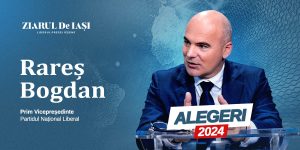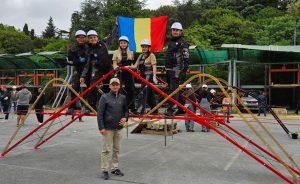
Immediately after the shock provoked by Horia Rusu’s death, the members of the Liberal Party resumed their main occupation: the organization of the Congress, the adoption of a certain statute and the election of a new president. After Crin Antonescu, Calin Popescu Tariceanu threw down the glove to Valeriu Stoica for the party’s presidency. On a superficial level of analysis, the arguments between Stoica and the other pretenders, focused on the relationship with PDSR, can be considered a part of a very complicated internal electoral game. Both Antonescu and Tariceanu made decisions or even inspired the party’s options during the last years. The anti-PDSR posture they are adopting now seems to be pretty ambiguous.
At the end of an electoral campaign during which everybody talked about different variants of alliances between PNL and PDSR, it seems that it is only the very reduced electoral score which made the Liberals understand that they would not become a part of the governing team and would have to pay for their shortcomings. The support they offered subsequently to the executive, together with UDMR (Democratic Union of Romanian Magyars), seemed to be another gesture which confirmed some electoral agreements, adjusted to the new circumstances. Due to this collaboration, some PNL members continued to hold important administrative functions, even after the PDSR invasion.
The dissociation from PDSR means the cessation of any business run with the support of the ruling party. This idea doesn’t seem to have too many credible supporters in PNL. Tariceanu, a friend of the mogul Dinu Patriciu and a famous enemy of Stoica, is the PNL member who is the most interested in continuing to run his business. That is why he has launched an incredible offer. According to Tariceanu, the party should not accept any more "compromises with the representatives of the ruling party in order to promote some personal interests of the incumbent PNL leaders". The effect of this sentence on the PNL members is probably an endless peal of laughter. But why is Tariceanu perceived differently by those who are not PNL members?
The Tariceanu variant addresses the liberal electorate and is based on the observation that, because of the collaboration with the representatives of the ruling party, PNL might lose a very significant part of his electorate during the next elections, even if it is an opposition party.
After PNTCD (Peasants’ National Christian Democratic Party) changed its leaders in a very spectacular way, the alternative to PDSR can not be provided by a party which promotes an opposition for form’s sake. The most significant pressure comes from PNL’s status during the next elections: more or less credible than a "recovered" PNTCD.
It is hard to believe that Stoica lacks the lucidity of anticipating the effects of this context ant the power of intuiting which might be the long-term advantages of an aggressive opposition, but it seems that today it is too late for PNL to dissociate from the image of supporter of the relationship with PDSR. These are the improvised calculations that Stoica’s enemies have made.
Beyond the image games promoted by enemies, there are a few genuine problems concerning the internal organization of the party.
The arguments related to the contents of
the future statute reveal dysfunctional aspects which became obvious during the last electoral campaign.
The variant suggested by Stoica represents an example of centralization. For instance, in the case of the parliamentary lists, the president would be the one who would have the last word.
The centralization or the stiffening of the party’s structures, which are mainly controlled by the president, could prevent PNL from devising and mobilizing a political construction able to compete with PDSR. The absence of a democratic debate in the decisional structures of the party could turn into an enemy stronger than the present ruling party.
(Mihai CHIPER)

